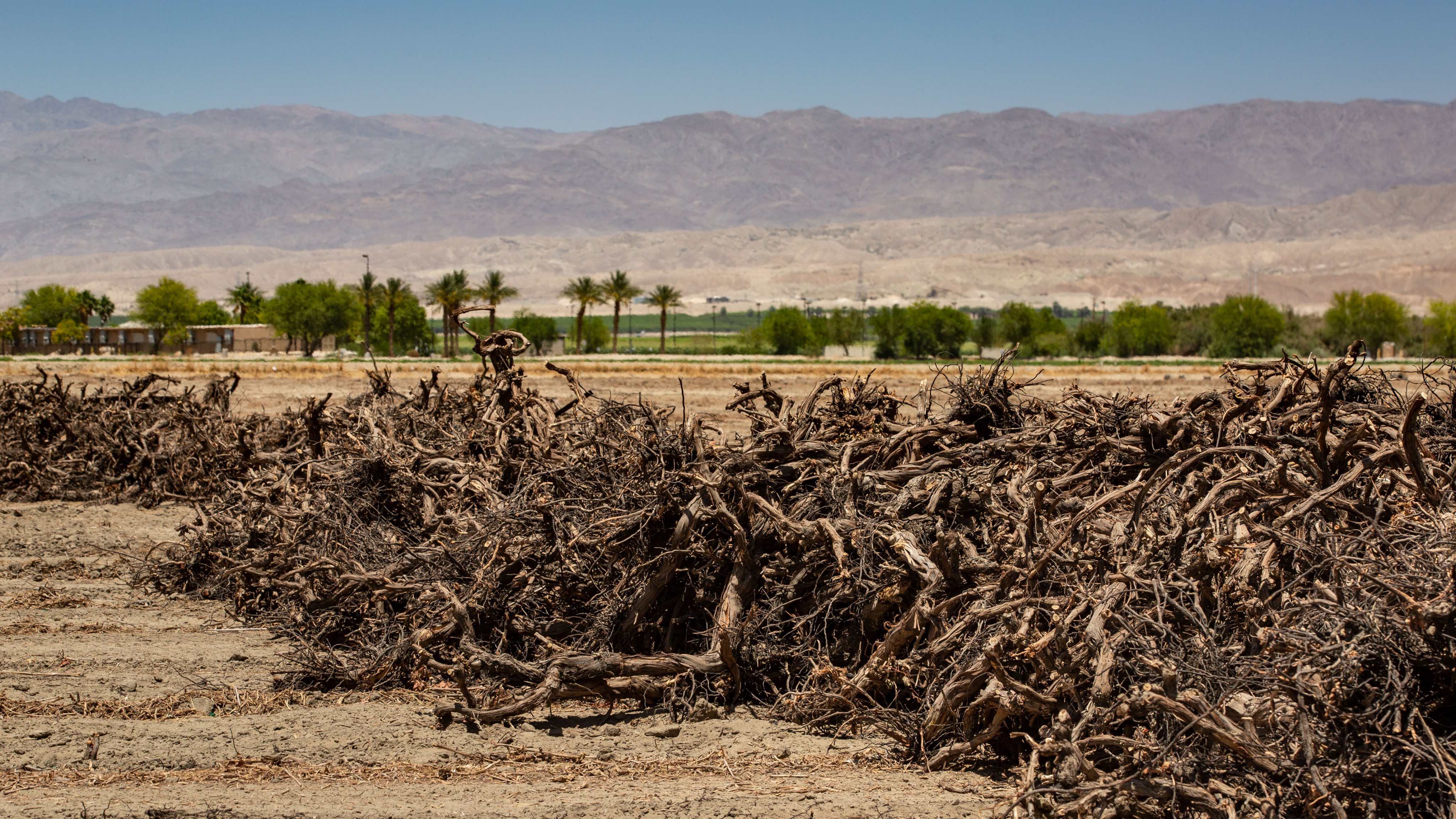An international team, led by researchers from the Biodiversity and Genetic Resources Research Center (BIOPOLIS-CIBIO) of the University of Porto, discovered a new species of snake in the Hejaz region, in Saudi Arabia.
The discovery was revealed in research recently published in the scientific journal Zoosystematics and Evolution, the University of Porto center says in a statement.
The small snake, which has a black collar and a reddish color, was named Rhynchocalamus hejazicus. The black collar and reddish color distinguish the new species from its closest relatives.as we can see in the image published on the magazine’s social networks.
Snake in a balaclava! A new species from the Hejaz region of Saudi Arabia is nicknamed the “missing piece of the puzzle” of its genus. ????????????
???? Read more about him @pensoft blog: https://t.co/y9BKkLbpH7 pic.twitter.com/pAFB4yBuai
— Zoosystematics and Evolution (@Zoosyst_Evo) June 5, 2024
Widely distributed, the small snake fills “a large part of the gap in the distribution of the genus Rhynchocalamus between the Levant and the coastal regions of Yemen and Oman.”
The snake lives in sandy and stony soils with variable vegetation cover, and can be found in “habitats” disturbed by man, indicating that the “species should not be classified as a threat,” the study indicates.
The research also highlights the need to continue monitoring and conserving this new species, of which “little is known about its natural history and behavior.”
“However, it seems that Rhynchocalamus hejazicus has a mainly nocturnal activity, since all individuals were found active during the night”, keep it up.
The researchers collected samples from a vast area around the ancient Arabian oasis city of AlUla, the result of collaboration with the AlUla Royal Commission in Saudi Arabia, which promotes scientific activities and exploration to promote conservation in the region.
Cited in the statement, the coordinator of the study, José Carlos Brito, highlights that the discovery “It is surprising and gives hope that in the kingdom there may be more species not yet discovered”.
“The discovery of such a distinct snake highlights the gap in the description of rare species with more discrete habits and the need to increase sampling efforts and monitoring strategies to fully capture species diversity in unexplored areas,” he adds. the research center. .
Source: Observadora
